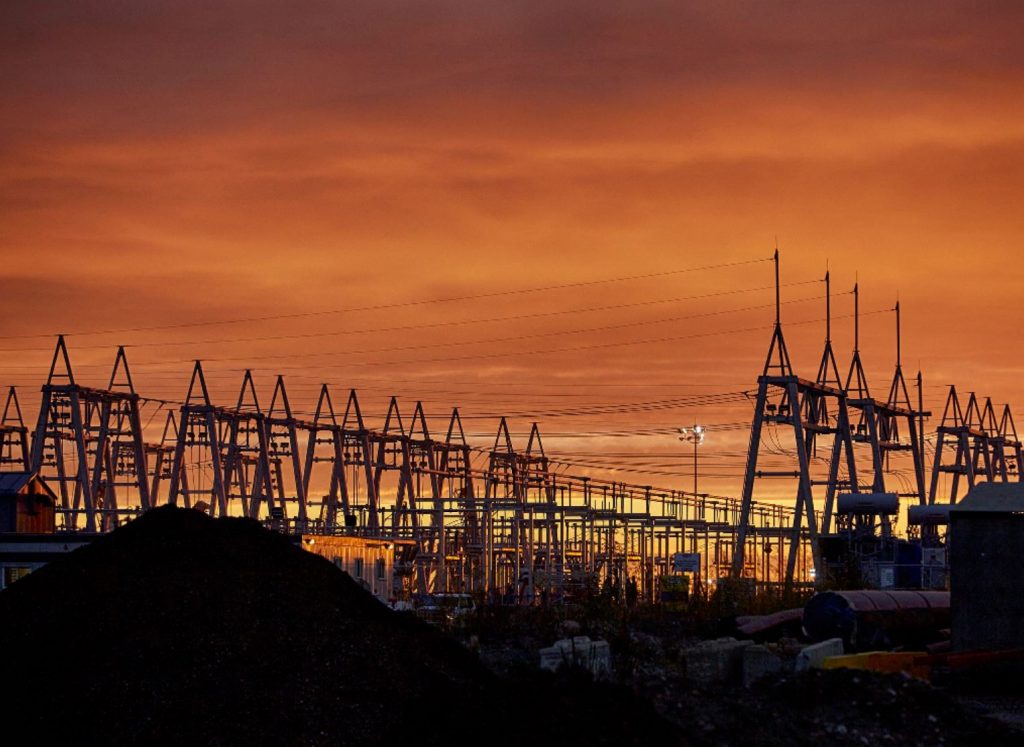Largest oil sands producers create alliance to reach net zero



Canada’s largest oil sands producers, together responsible for 90% of bitumen production, have teamed up to achieve net zero greenhouse gas emissions.
Canadian Natural Resources (TSX: CNQ), Cenovus Energy (TSX: CVE), Imperial Oil (TSX: IMO), MEG Energy (TSX: MEG) and Suncor Energy (TSX: SU; NYSE: SU) announced their Oil sands Pathways to Net Zero initiative on June 9. The goal is to work with the federal and Alberta governments to eliminate all greenhouse gas (GHG) from oil sands operations by 2050.
The Pathways vision is anchored by a major carbon capture, utilization and storage (CCUS) trunk line connected to a carbon sequestration hub. The proposed system is similar to the Longship-Northern Lights project in Norway as well as others in the Netherlands, United Kingdom and the United States.
Because there is no single solution to reaching net zero GHG, the partners plan to take a number of parallel pathways: a carbon dioxide trunk line linking the Fort McMurray and Cold Lake regions to a carbon sequestration hub near Cold Lake; using existing and emerging GHG reduction technologies at operations (lean hydrogen, process improvements, energy efficiency, fuel switching, and electrification); evaluating and piloting potential new emissions reducing technologies (direct air capture, next generation recovery technologies, and small modular nuclear reactors).
The news release announcing the launch of Pathways says Canada is in a unique position to be a global leader in responsible oil production. The partners expect that fossil fuels will be an essential part of a diversified energy mix for the foreseeable future. It is also crucial that governments develop enabling policies, fiscal programs and regulation to provide certainty for this type of long term, large scale investment.
Visit www.Suncor.com to find out more.
Comments